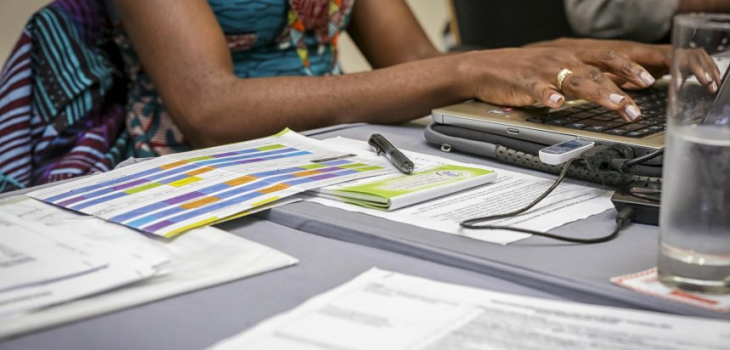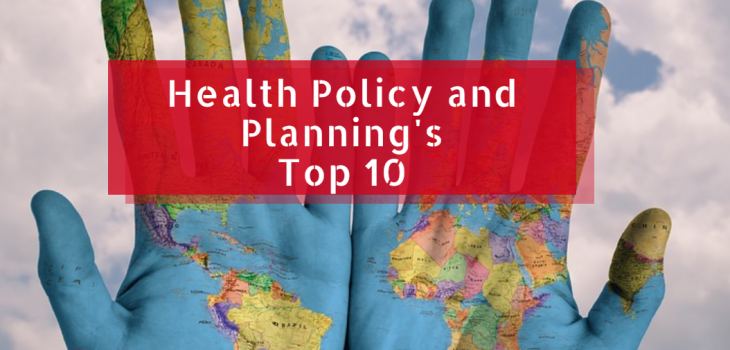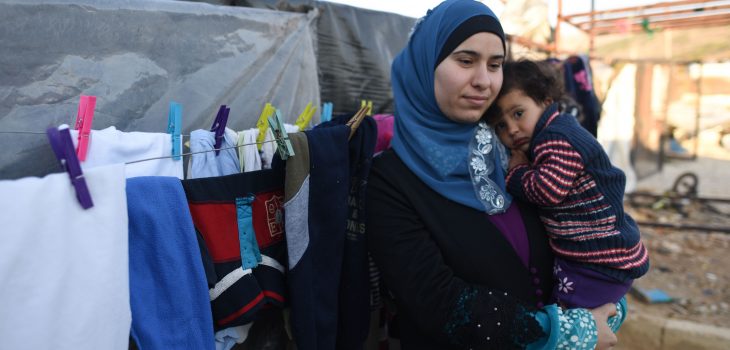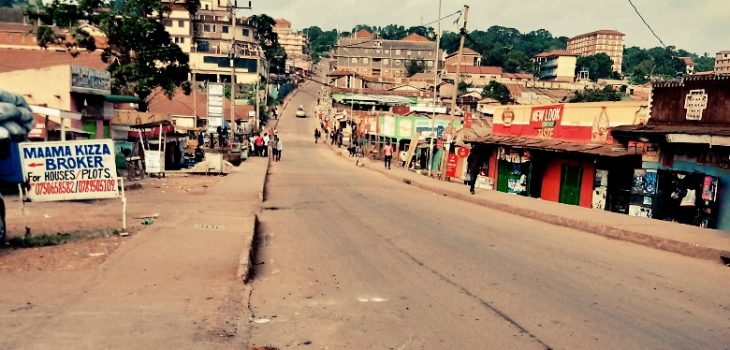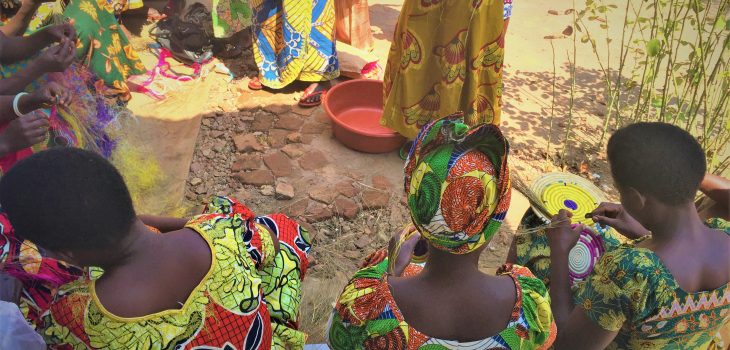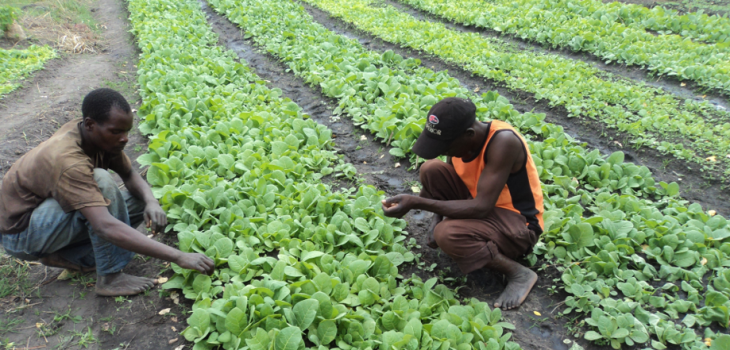By Ruth Young (Johns Hopkins Bloomberg School of Public Health), Richard Mangwi (Makerere University), Maylene Shung-King (University of Cape Town) and Rosemary Morgan (Johns Hopkins Bloomberg School of Public Health).
Health system functioning, operation, design and governance can reflect and perpetuate broader power structures in multiple ways. This dynamic…












